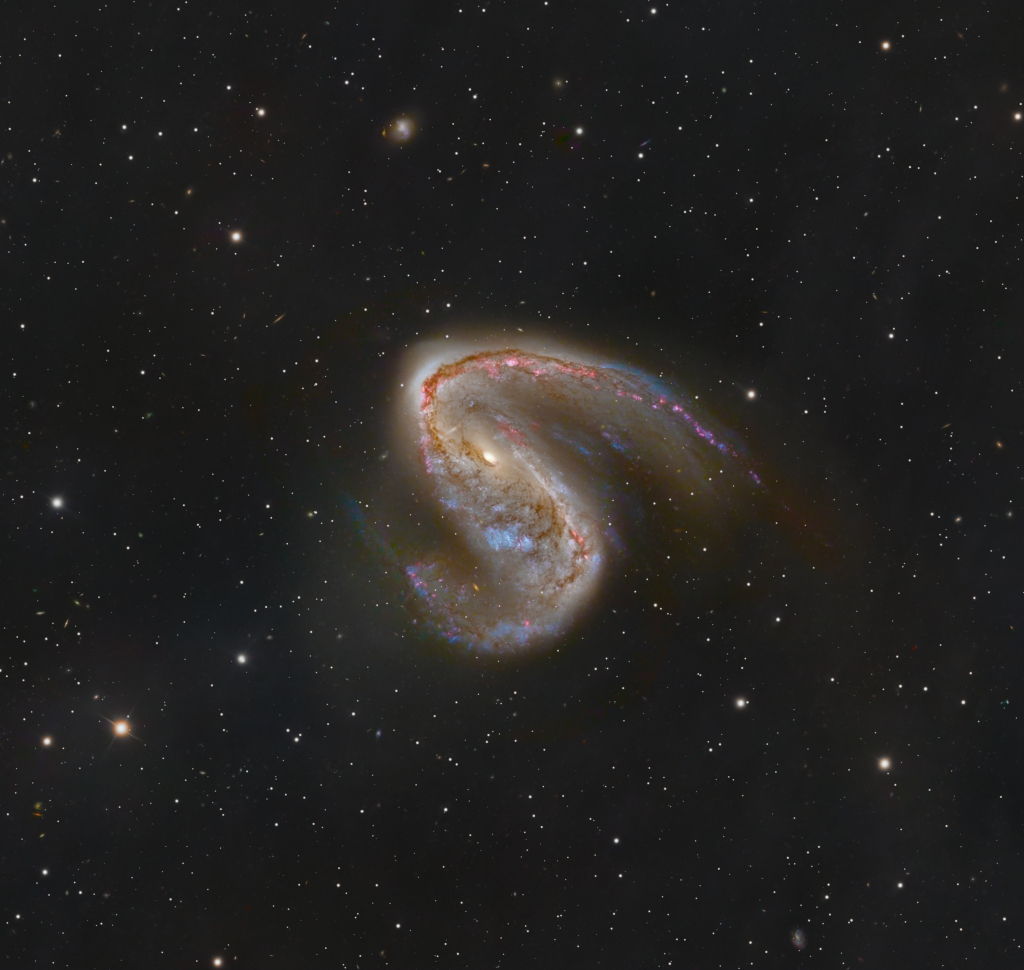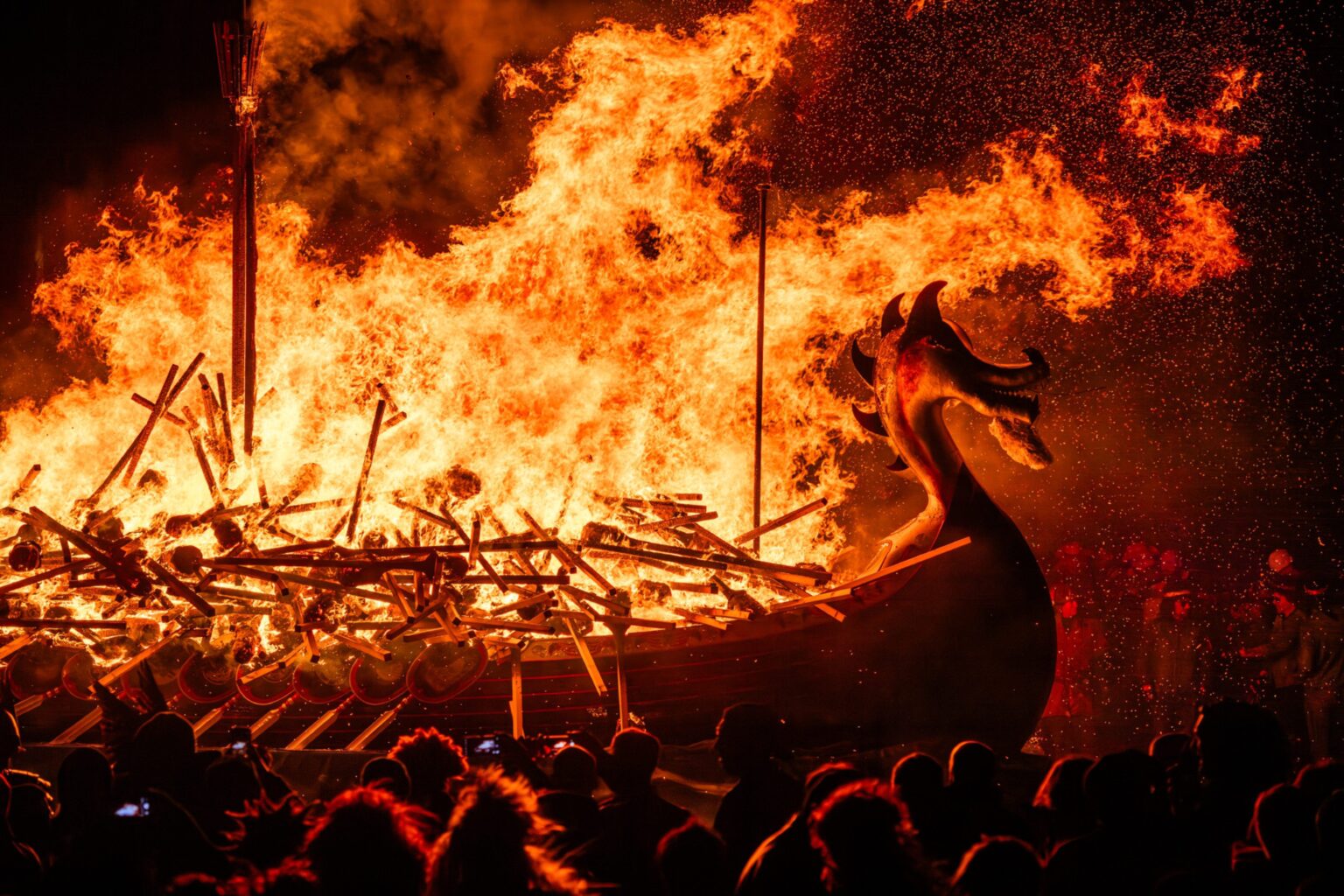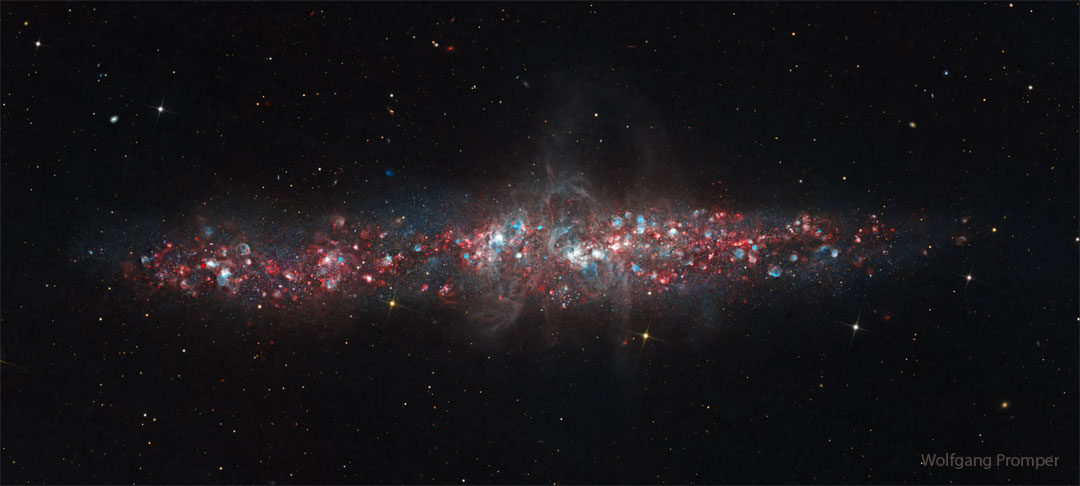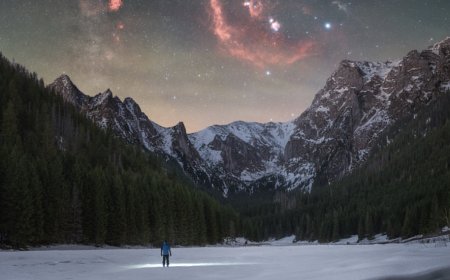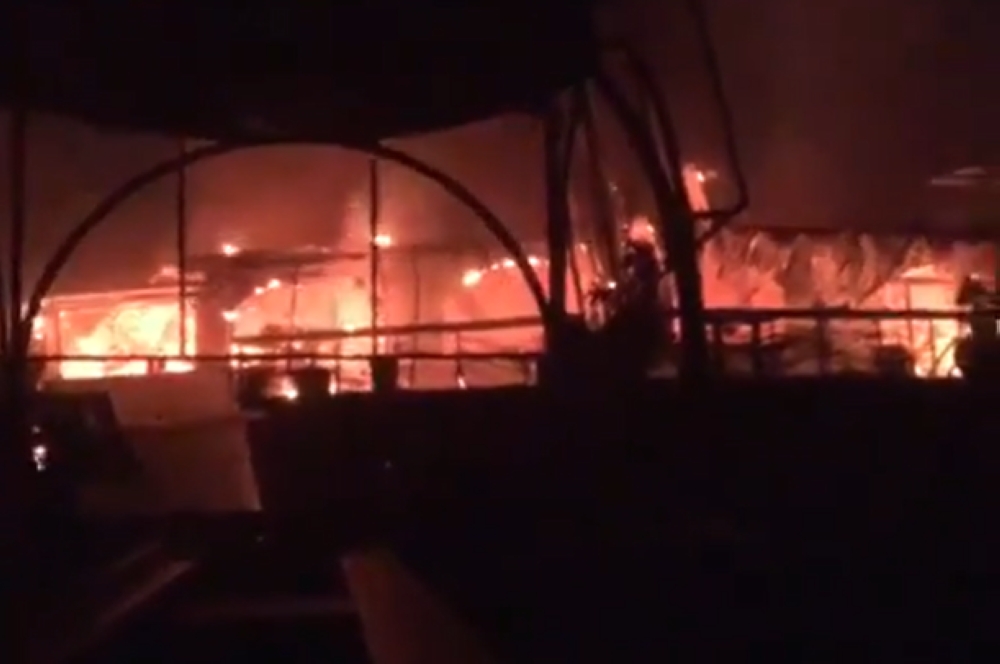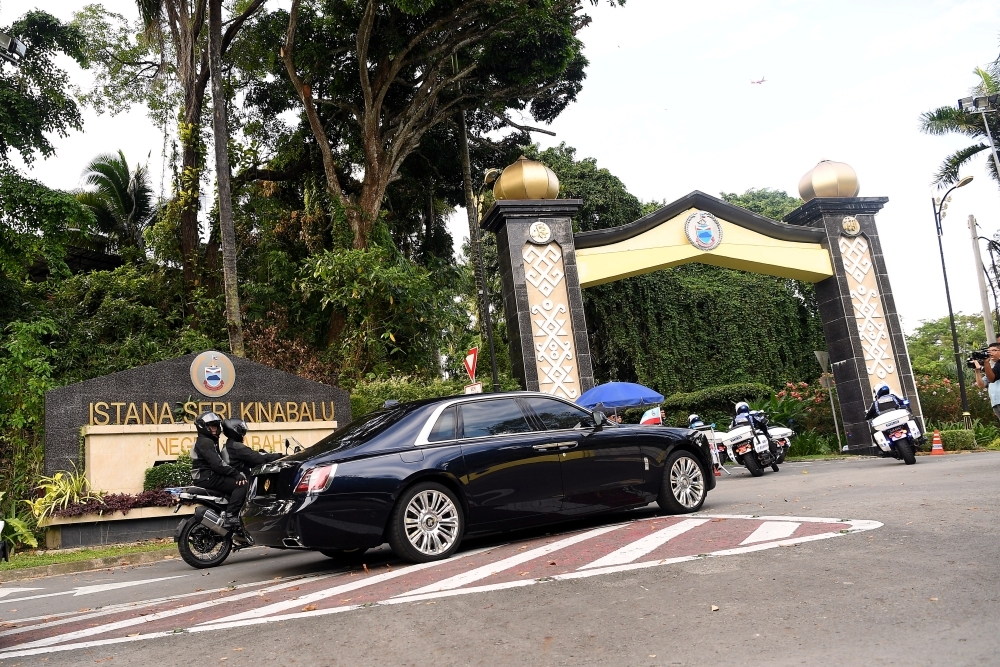Satellite images reveal 17th-century town destroyed at Hurricane Melissa’s ‘ground zero’
At least five dead in Black River, one of Jamaica’s oldest towns

A centuries-old port town was left “devastated” by Hurricane Melissa after a 16ft storm surge hit Black River, satellite images reveal.
The Category 5 “storm of the century” wreaked havoc across Jamaica on Tuesday, decimating homes, flooding neighbourhoods and killing dozens.
Black River, the capital of St Elizabeth Parish on the country’s south-western coast, was described by the island’s prime minister as “ground zero”, given the level of devastation experienced in the town.
Richard Solomon, the town’s mayor, said: “The entire town of Black River is devastated, and that devastation is so catastrophic that the prime minister classified this area as ground zero.”
Aerial photographs of the town reveal the extent of the damage, with the majority of buildings failing to withstand the extreme rain and wind brought by Hurricane Melissa on Tuesday.
At least five people are confirmed to have died in Black River, though the death toll is expected to rise once communications and transport are restored.
“The hurricane came around eight in the morning and lasted for around nine hours, during which we were pounded with heavy winds and a lot of rain,” Mr Solomon told The Guardian.
“We got up to 16ft of water at the [emergency operating] centre. That was a bit scary for us, and we were hoping that it would not rise any further, because we were on the second floor, and I tell you, when we saw the water rising, it was a scary moment for us.”
The town, which has 500,000 residents, has been left without power and water, while most buildings lost their roof.
It has become near impossible to carry out search and rescue operations as the majority of the town’s emergency services, including fire and police stations and hospitals, were “immensely damaged”, Mr Solomon said.
Black River is one of the oldest towns on the island, appearing on a 1685 map. Built by the Spanish and later taken over by the English, it was seen as one of the most beautiful Georgian towns in the Caribbean.
It has been of huge economic importance to Jamaica over the centuries, thriving on the forced labour of enslaved Africans on sugar plantations.
Owing to its wealth, it became the first town in Jamaica to be powered by electricity in 1893. Ten years later, it was the first to receive cars.
Andrew Holness, the prime minister, saw the devastation first-hand during an aerial tour of the region, which showed up to 90 per cent of roofs had been destroyed.
“It is going to be a massive task to rebuild Black River, this historic town. But while it is destroyed, we can vision a future of it rising stronger and better,” he said.
“We will get it done. So keep the positive outlook, keep hope alive, and we will get through this, and we will rebuild better.”
At least 30 people were killed by the hurricane throughout Jamaica, with the country being declared as a “disaster area” after Melissa made landfall with 185mph winds.
Children were among 25 people killed in Haiti where dozens of homes were destroyed when a river overflowed in Petit-Goâve.
The storm did not directly hit the island, but it caused heavy rainfall over the country.
Up to 8,000 British citizens are currently on the island, either living there temporarily or visiting on holiday. All airports are closed, leaving many stranded.
After passing through Cuba and the Bahamas on Wednesday, Melissa remains a Category Two hurricane as it hurtles across the Atlantic at 100mph.
Approaching the UK
By midnight on Tuesday, it is expected to have descended into a post-tropical cyclone, which could bring rain and winds to the UK and Ireland.
A Met Office spokesman said: “Hurricane Melissa is expected to lose its tropical characteristics in the North Atlantic and likely dissipate as a distinct system later this week.
“There is a small chance that the remnants of Melissa could influence UK weather next week, although the picture will become clearer closer to the time.
“At present, any particularly significant or disruptive weather appears unlikely. However, the system could help maintain the broadly unsettled conditions already affecting the UK.”
[Source: Daily Telegraph]













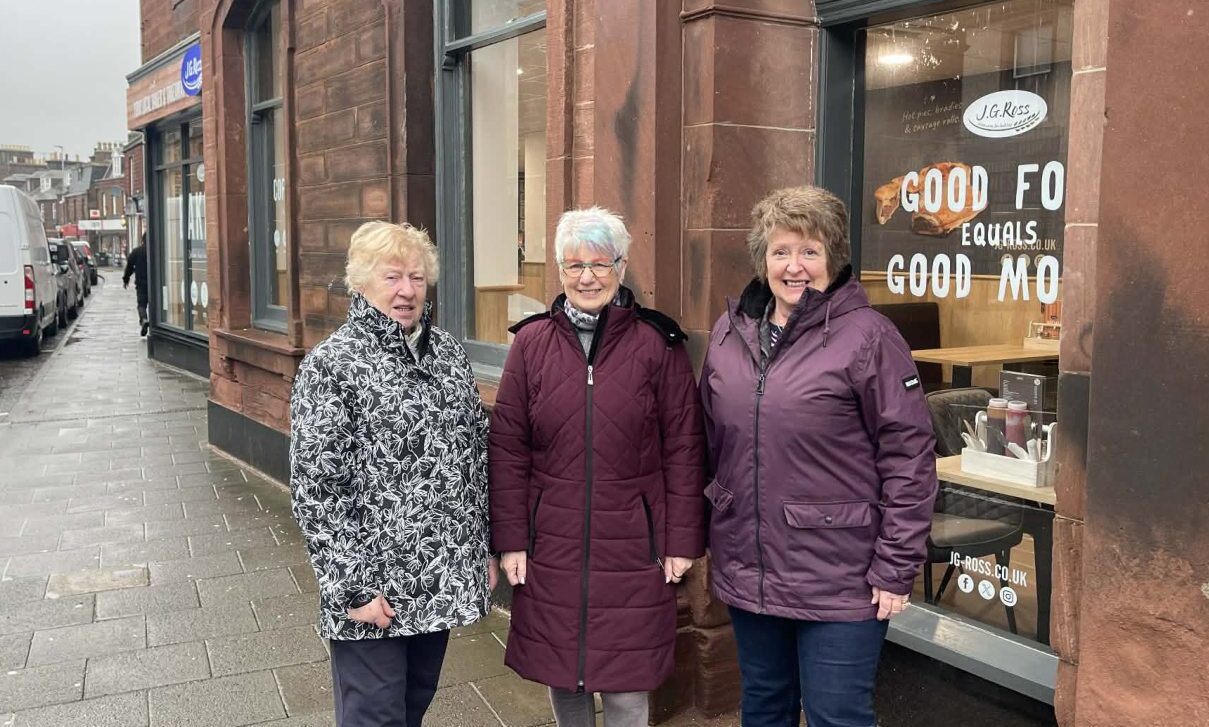







/file/attachments/orphans/IMG_9103_429753.jpeg)


/file/attachments/orphans/taku-transport_666718.jpg)


/file/attachments/2987/Image_01_135965.jpeg)


